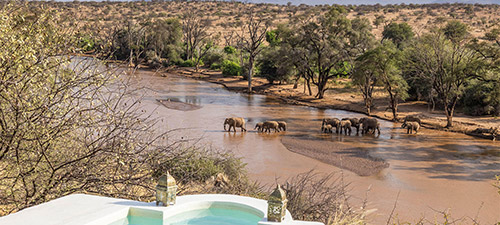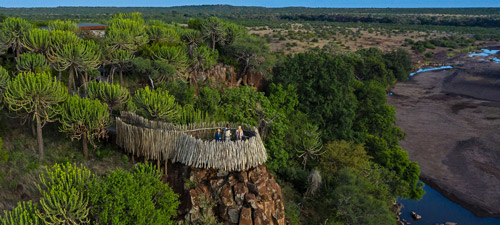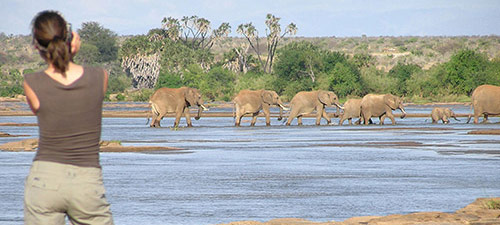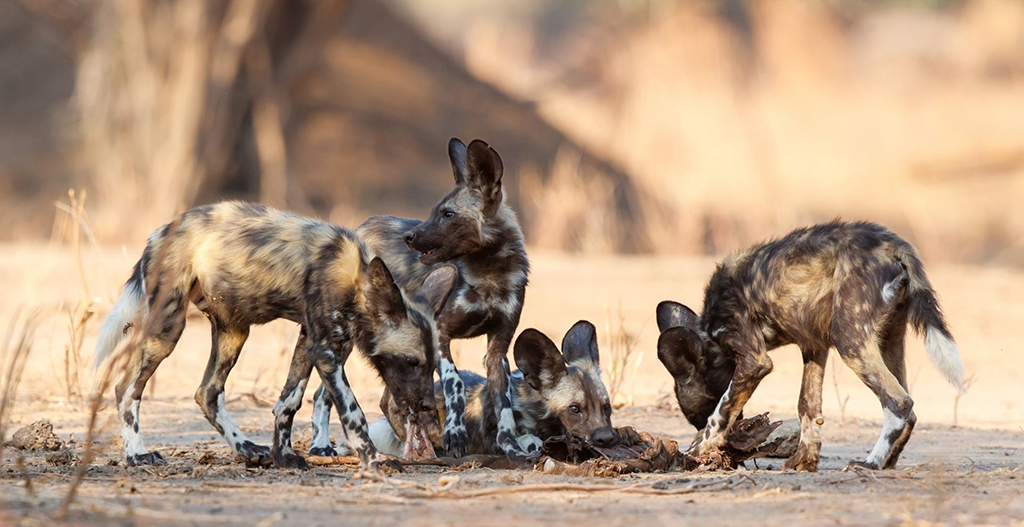
One of the most endearing characteristics of the African wild dog (painted wolf) is the bond between pack members, particularly when they have pups in their midst. While typically only the dominant female will breed each year, every individual cooperates in raising the next generation, bringing food back to the den for both the mother and the youngsters. Recent research quantifies how this altruistic approach plays out when the pups leave the den, and the pack makes a kill: essentially, the pups get to eat first.
Researchers from the University of New South Wales, the Taronga Western Plains Zoo and Wild Entrust Africa (formerly known as the Botswana Predator Conservation Trust) analysed nearly three decades of observational data from the Okavango Delta and surrounding areas. Individual painted wolves were identified by the unique coat patterns, and the research focused on established breeding packs rather than newly established packs without pups. While previous studies have qualitatively and anecdotally described the exclusive access given to painted wolf pups at a kill, the authors of the current study were able to quantify (assign values that can be statistically analysed to) these feeding patterns.
African wild dogs are cursorial predators (they run through the vegetation and flush their prey), and pack members are often separated while hunting. The adults that catch the prey will start feeding (allowing them access to the most nutritious organs first) until the rest of the pack members catch up. If the pack has pups, they are granted exclusive access to the carcass as soon as they arrive. The adult dogs will sit back and wait “patiently” for their opportunity to feed. This is in stark contrast to most other social predators, where access to food is generally determined by rank and strength. For example, lion cubs that arrive at a carcass will have to fight for their place at the dinner table and often have to wait until the pride adults have sated their initial hunger.
Once the painted wolf puppies have eaten their fill, the dominant members of the pack will feed, followed by the next youngest in line. This confirms that painted wolves do follow an age-based feeding system. Consequently, older and less dominant members of the pack may find little meat remaining by the time they get the opportunity to feed. Despite this, the researchers observed little overt aggression around kills (again, in contrast to lion feeding behaviour), even from the dominant pair.

For any predator, hunting carries an inherent risk of injury. For the wild dog, high-speed chases ending in a struggle with prey can result in broken bones, torn ligaments, and myriad other potential injuries. So, if older pack members are unlikely to get priority access, what incentivises their participation given the potential risks involved? The authors postulate that older dogs are motivated to actively participate in kills to feed before the younger pack members arrive. However, there are occasions when the pack is separated during the hunt. If remaining pack members are unaware that prey has been caught, the painted wolves responsible for the kill will feed for a while then circle back to recruit the rest of the pack. This speedy arrival of the rest of the pack likely ensures more eyes and ears on alert for kleptoparasites and larger predators like lions, which are a significant cause of natural wild dog mortalities.
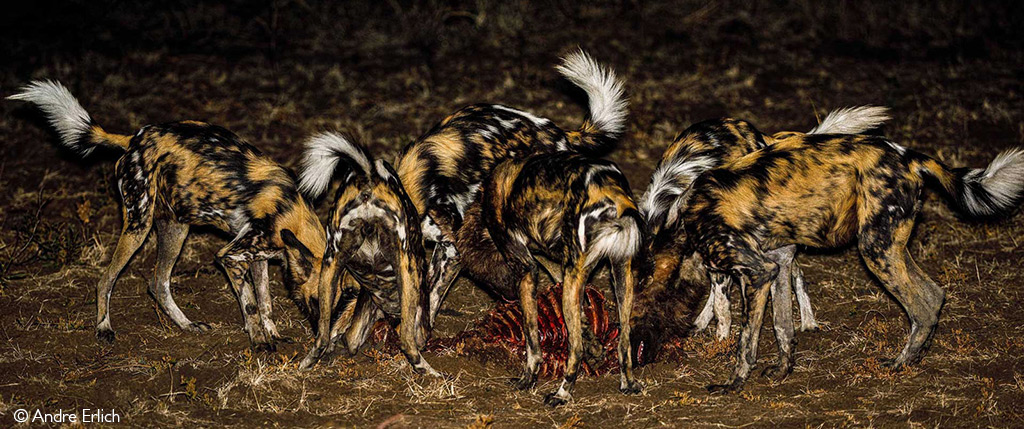
Of course, this system also ensures that the pups are provisioned while they cannot hunt for themselves. The dominant breeding female is also guaranteed access to valuable carcass parts once the pups have fed. In packs where intra-pack relatedness is high, the subdominant pack members gain by helping to raise litters of close kin.
Like wild dogs, human beings also developed a food sharing system at some point in our evolutionary history. Though it is difficult to fully contextualise, the authors suggest that “a detailed understanding of food sharing in African wild dogs may contribute to our understanding of the origins and implications of sharing more broadly.”
Africa Geographic would like to extend thanks to first author, Dr Neil Jordan, for allowing the use of his personal graphics of the study findings. Dr Jordan is affiliated with the Centre for Ecosystem Science, School of Biological, Earth and Environmental Sciences (BEES) of the University of New South Wales (UNSW), Sydney; the Taronga Institute of Science and Learning of the Taronga Western Plains Zoo; and Wild Entrust Africa.
Resources
The full article can be accessed through a paywall here: Jordan, N.R., Golabek, K.A., Behr, D.M. et al. “Priority of access to food and its influence on social dynamics of an endangered carnivore”. Behav Ecol Sociobiol 76, 13 (2022).
Wild Entrust Africa is an AG club project. Learn more about the project and how to support their work here (follow the instructions below to join the club).
Want to learn more about wild dogs? Here are five fascinating facts on the canids.
Want to spot wild dogs on your next safari? Here are the top 6 places to see painted wolves.
To comment on this story: Login (or sign up) to our app here - it's a troll-free safe place 🙂.![]()



